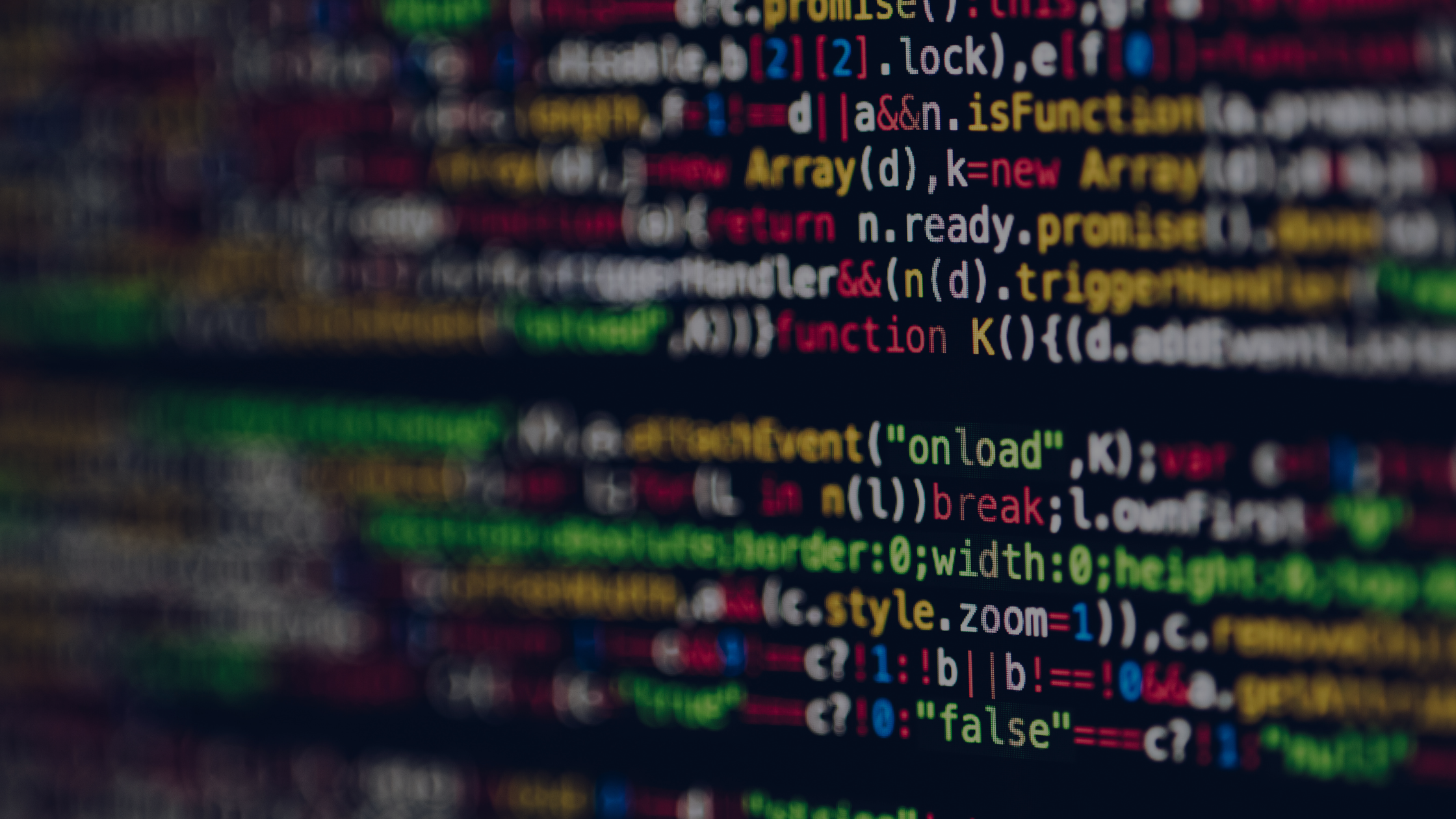SDKs | How can they help me get the most out of my Enterprise Drone?
Not too long ago, harnessing drone technology was a complicated process.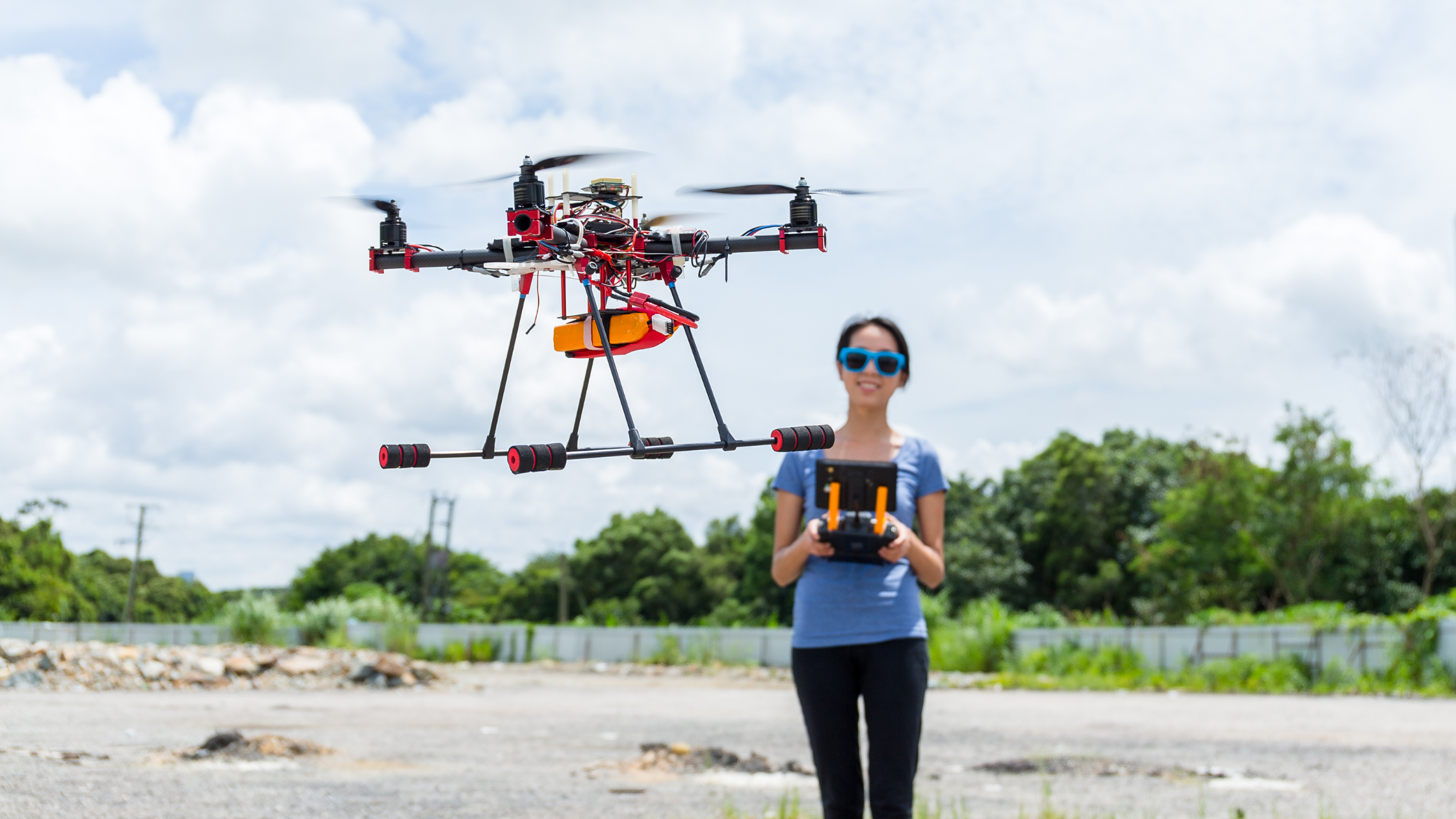
Luckily, manufacturers around the world have worked hard to simplify the processes needed to get the most out of your drone.
Thanks to the recent advancements in Drone technology the hardware available today is reliable, accessible and highly capable.
Image stabilisation, battery technology, computer vision, and autonomous flight are just a few examples of what you find in complete packages sold by manufacturers across the world today.And with those advances has come demand. It seems as though everyone now sees/ wants to tap into the potential of drone technology. Many conventional tasks can be done with off the shelf hardware and software.
But for those looking to innovate and develop new solutions, the major drone manufacturers have released software development kits (SDK) in an effort to aid customisation of their technology.
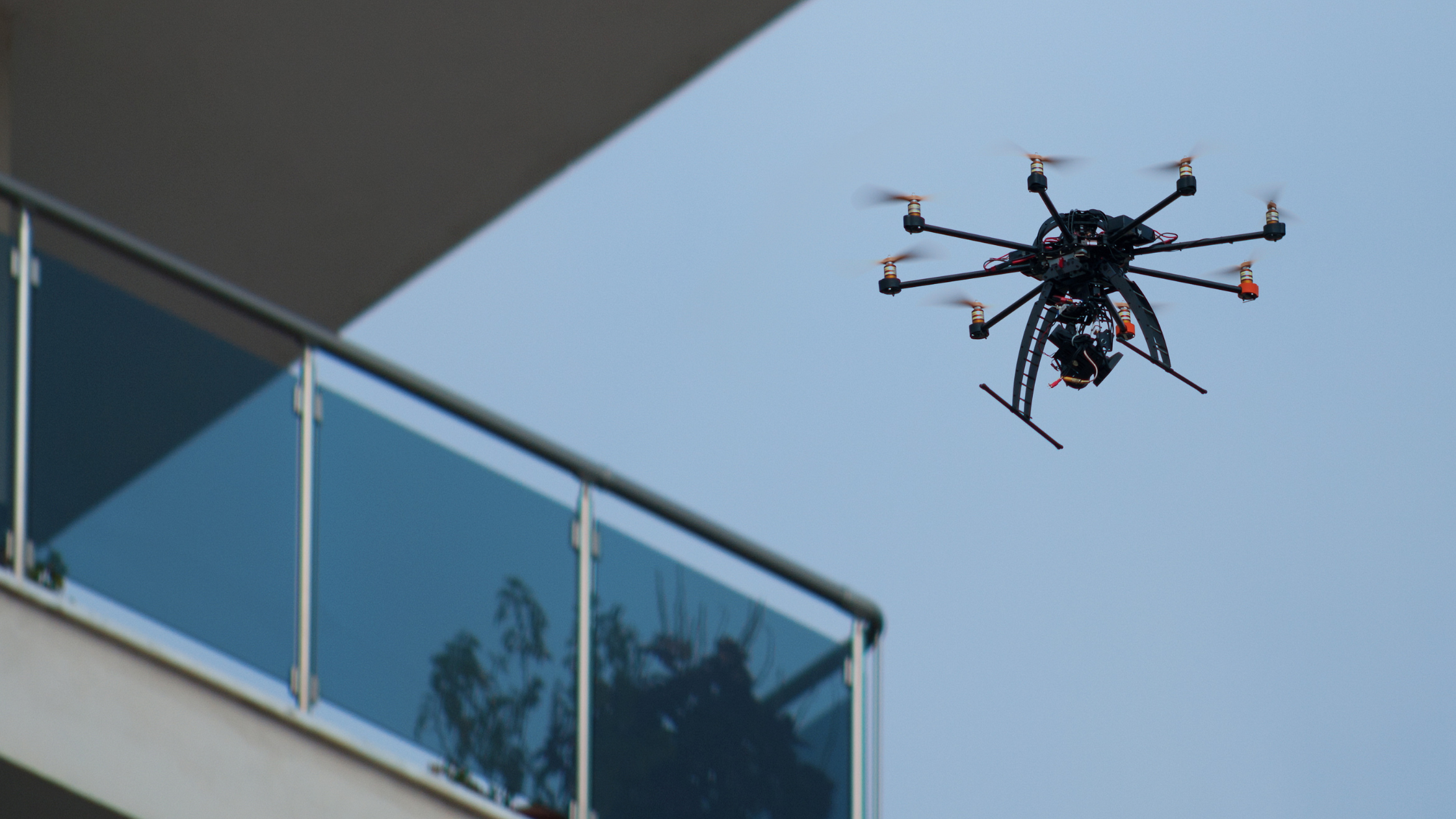
SDK stands for software development kit or devkit for short. It’s a set of software tools and programs used by developers to create applications for specific platforms. ( in this case, Drones.)
SDK tools include a range of things, including libraries, documentation, code samples, processes, and guides that developers can use and integrate into their own apps. They are designed to be used for specific platforms or programming languages. Making them a Must Have for certain enterprises.
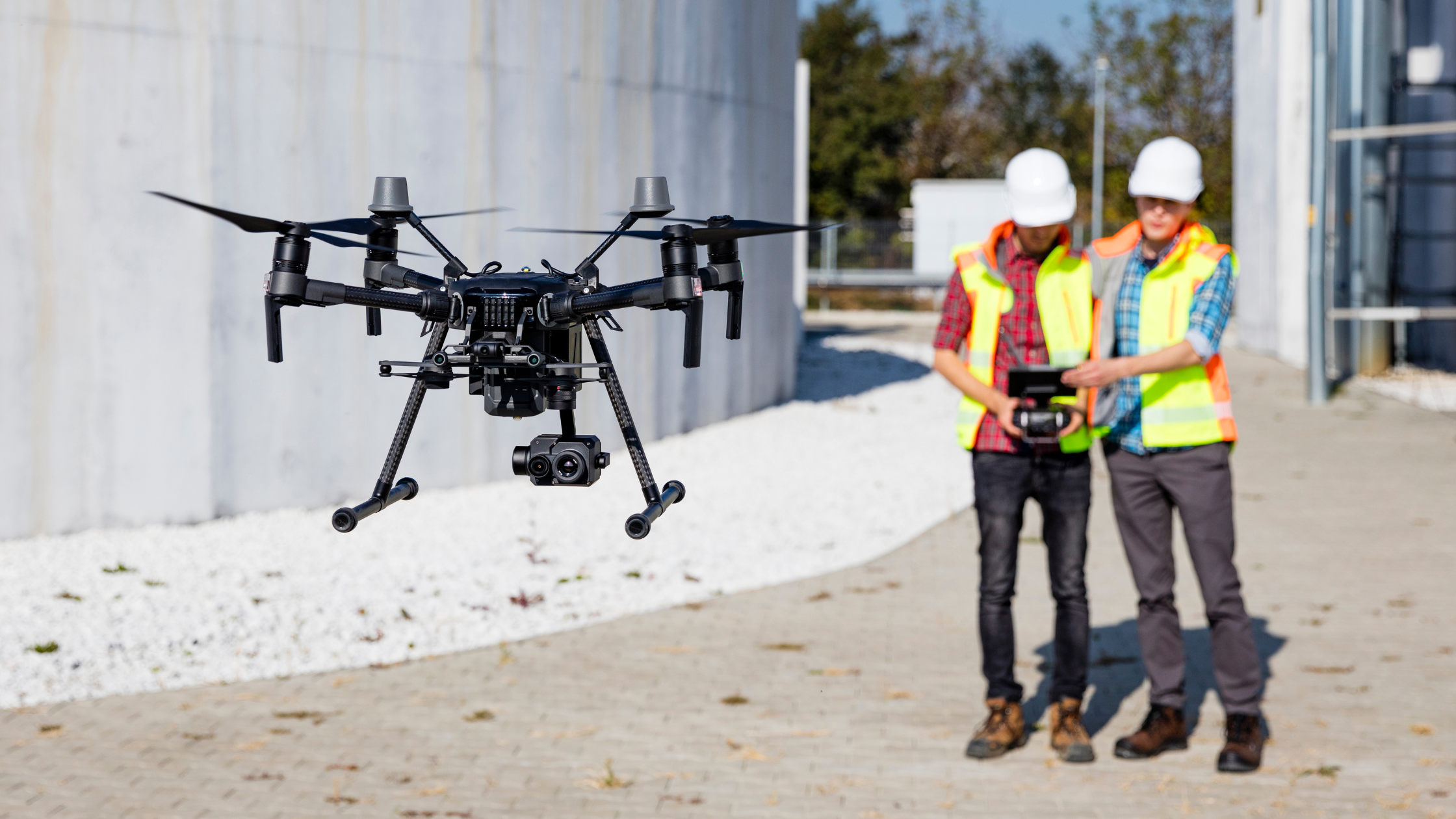
- DJI’s Mobile SDK allows you to create a customised Android or IOS mobile app that unlocks the full potential of your DJI drone. It features full flight control, access to telemetry data, camera and gimbal control, obstacle avoidance and more.
- If web applications are your thing, a recent partnership with Microsoft means that DJI’s Windows SDK offers all the same tools and more.
- Then there’s the DJI Onboard SDK. It features an open source software* library that enables computers to talk directly with DJI aircraft and flight controllers over a 'serial interface'. This offers access to telemetry, flight control and other aircraft functions, developers can attach their own computing device onboard an aircraft and use it to control flight.
- DJI’s UX SDK aims to reduce development time by providing elements of user interface for your application’s core functionalities. The idea is to allow developers to build without additional lines of code. It’s flexible, so you can pick and choose the elements you want to use.
- Many organisations and researchers experiment and fabricate unique uses for drone technology, last year (2021) DJI launched a Payload SDK to assist in that process. It works in conjunction with Skyport, a gimbal port adapter that enables an external sensor or payload to be installed and controlled. The Payload SDK connects new payloads to the drone’s internal systems through communications APIs, allowing operators to communicate directly with the sensor and receive data in real time.

The DJI SDKs are actually great in the features that they offer because of how they come with different automated functions such as obstacle evasion and even live video feed, which will allow you to maximise your DJI drone's amazing camera capabilities.
DRONE KIT:
A good programmable drone kit that you can buy is DroneKit, which is an SDK that you can easily download using your Android mobile device. This SDK is designed to create your own Android control application; as long as you have yourself armed with the basic knowledge of high-level programming.
DroneKit SDKs are absolutely free and open-source.
The good thing about DroneKit is that it comes with all of the basic features you need when it comes to the controls of your drone. This includes intelligent flight path planning and other autonomous features. And because it is open-source, you can browse and utilise different codes that other programmers have used for their own drones.
Note: There is no customer support when it comes to DroneKit. 😬
ALTERNATIVE BRANDS:
It is important to know Parrot, Skydio and Yuneec also have their own specific software development kits, however they are model specific.
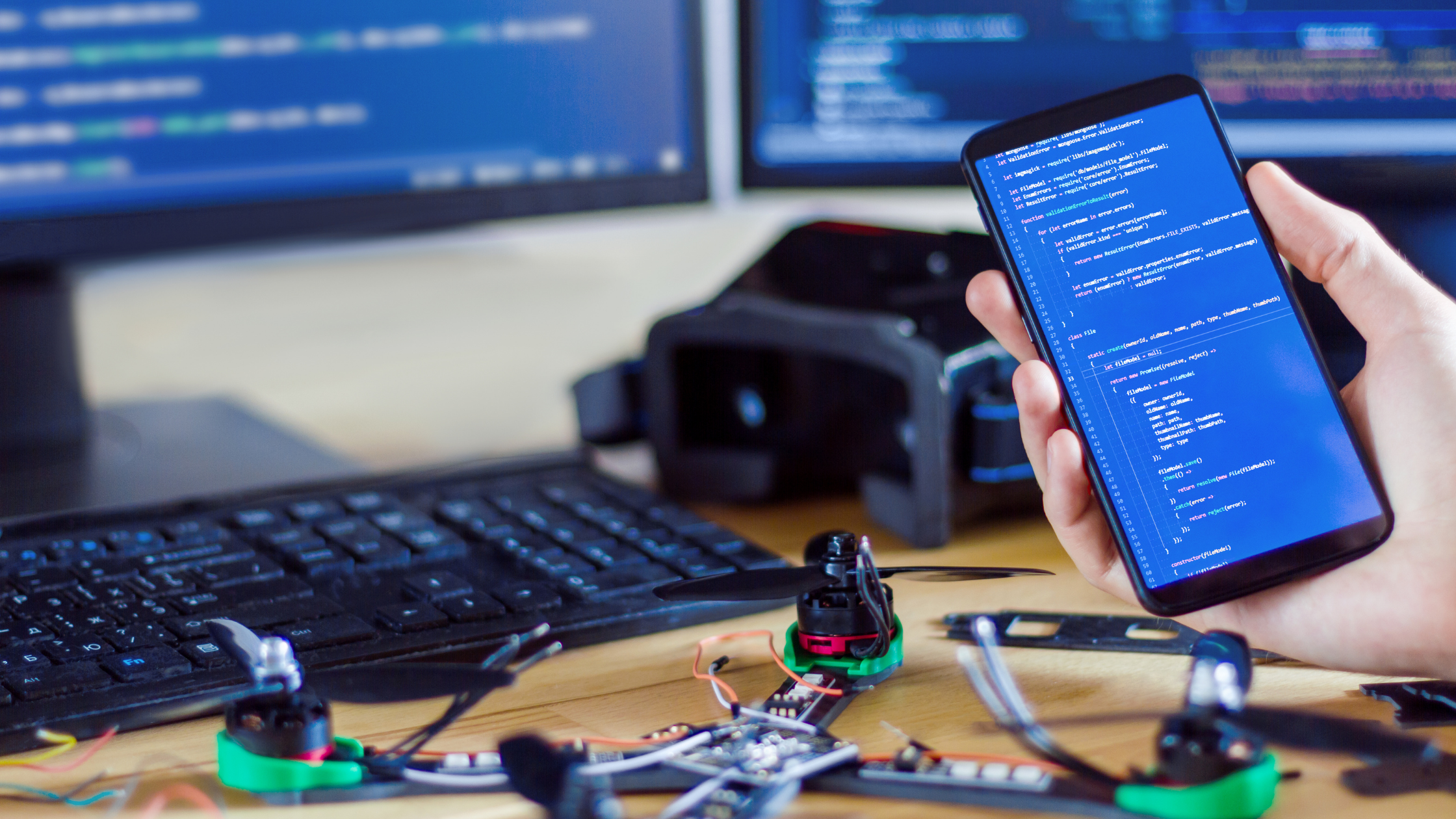
What specific industries can directly benefit from this level of drone customisation?
Check out these examples of how custom automation and programming can help deliver the requirements for individual sectors, saving time and resources.
- Emergency Services: Use of Thermal imaging can find missing persons and help firefighters to pinpoint their efforts, along with aerial mutlispectral imaging to find human remains.
- Agriculture: Autonomous hyperspectral mapping, spraying, and surveying crops collects specific data that can be used to increase yields.
-
Conservation: Aerial multispectral data can be used to monitor plant and tree health as well as water mapping to better understand how water moves through an area.
- Indoor Inspections: Programmable obstacle avoidance sensors
- Photography and Film: Programmable flight paths, intelligent flight modes and improve focal accuracy.
- Solar Farms: Automatic thermal imaging
- Mining: Autonomous mapping analysis to create orthomosaics of sites
- Industrial sites: Aerial surveillance and inspection providing data to operations.
- Marine locations: Autonomous drones with LIDAR sensors enables aerial monitoring.
- Research and Education : Testing code, prototype scenarios, understanding aerodynamics, flight control
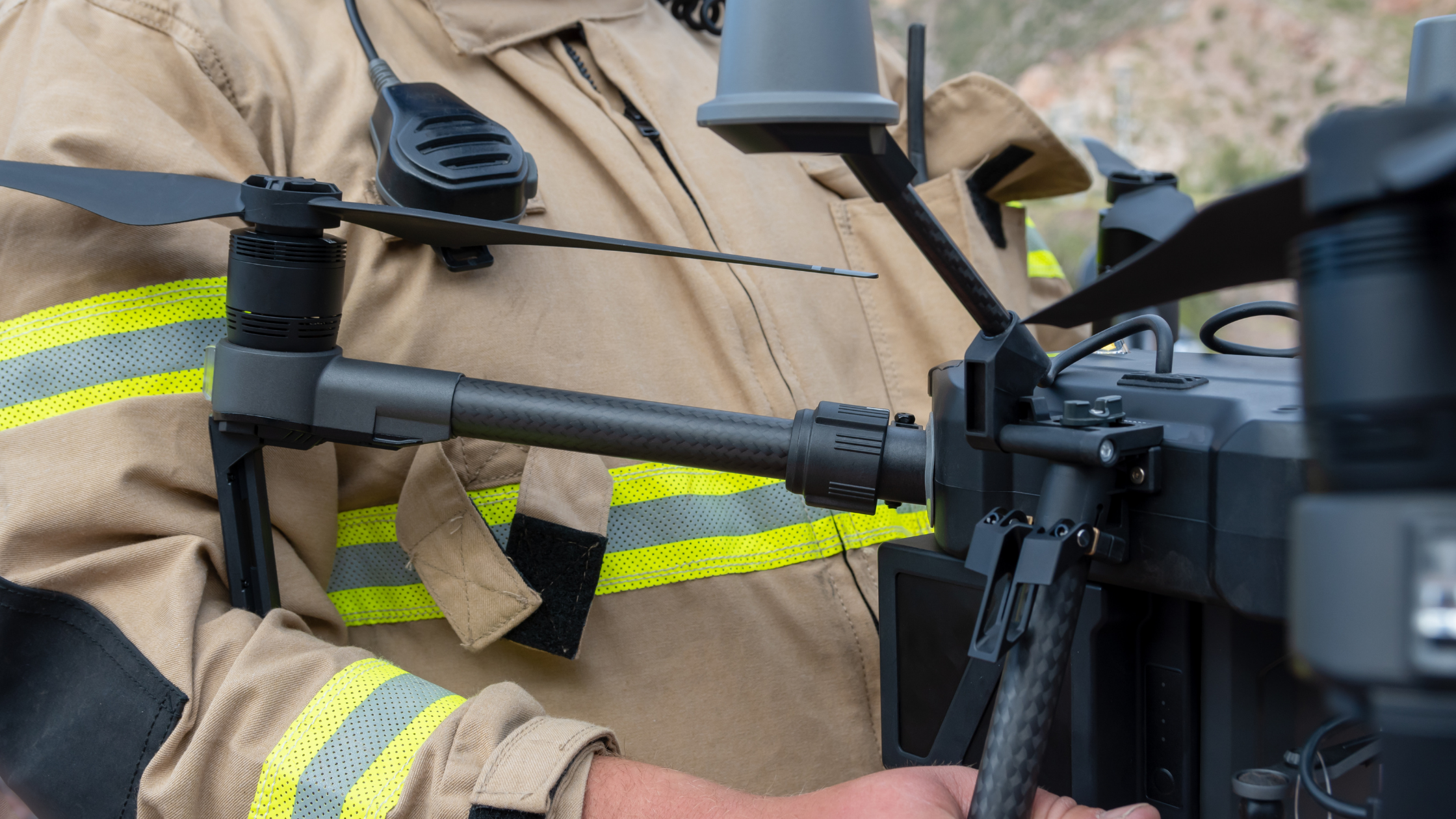
Here are the current top commercial drones available for each sector :
- DJI Matrice 300 RTK—Outdoor inspections
- Flyability Elios 2—Indoor inspections
- DJI Mavic 3—Aerial photography/videography
- Freefly Alta 8—High-end cinematography
- XAG V40 2021—Agriculture
- Parrot ANAFI USA—Public Safety
- WingtraOne Gen II—Mapping & Surveying
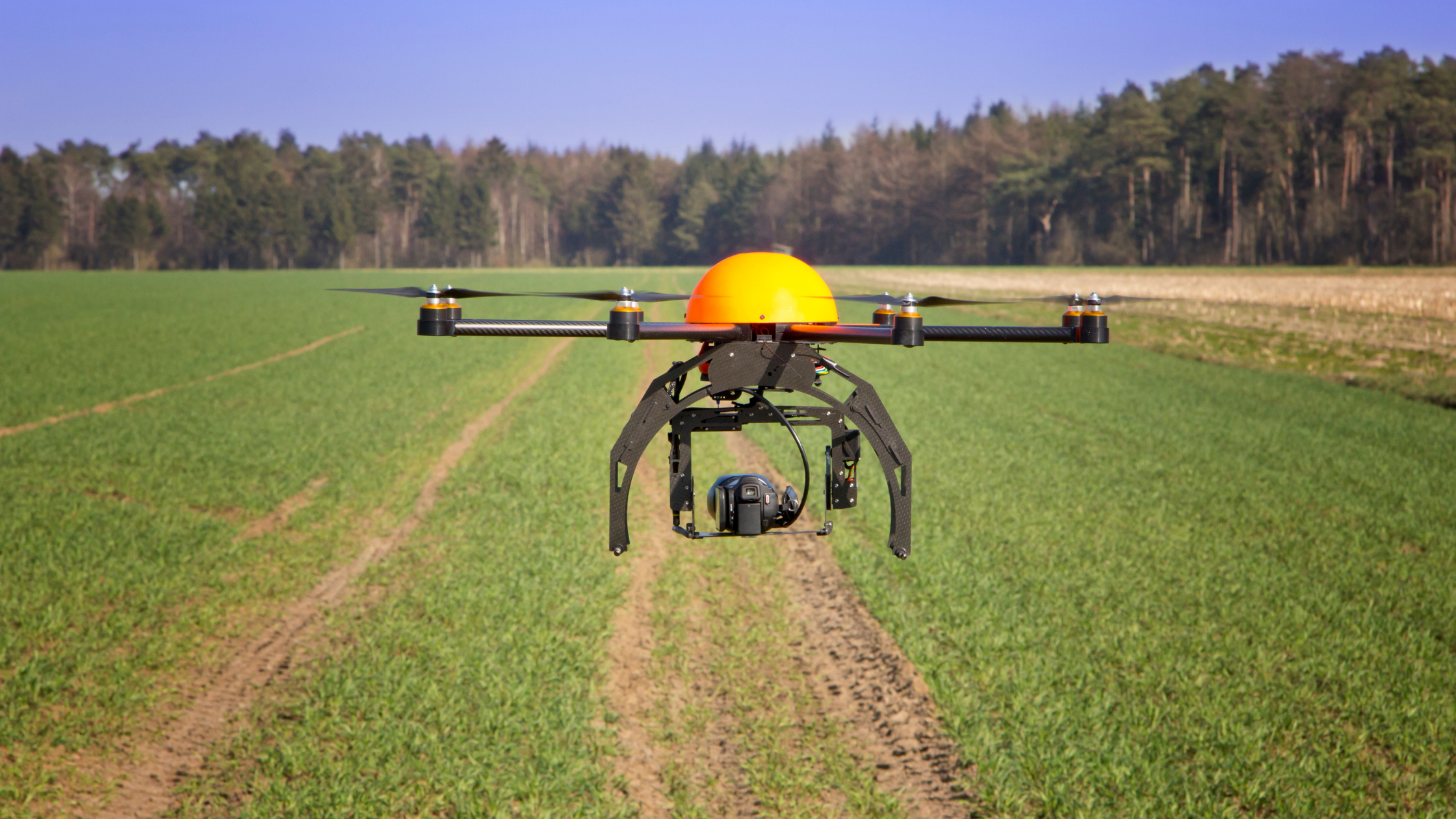 Conclusion
ConclusionAs the drone technology has become more durable, reliable, and accessible, the world has seen unmanned systems deployed in increasingly diverse environments, industries, and scenarios.
And across these, with our without the use of SDKs , the common denominator is that drones are helping pioneering professionals work safer, smarter, and faster. And that's pretty cool.

